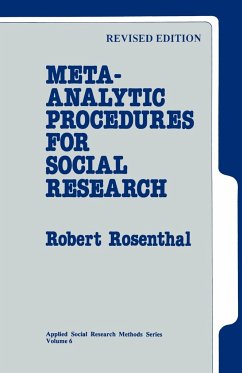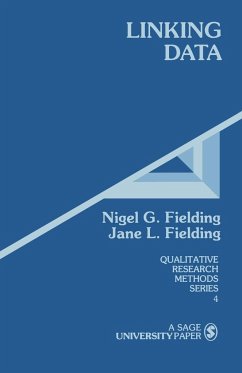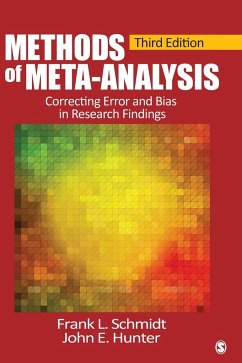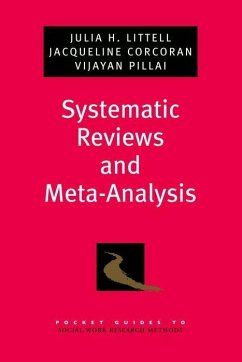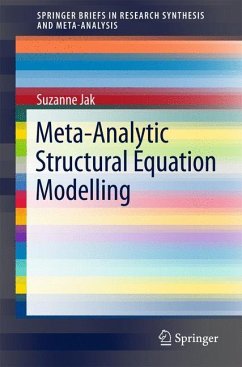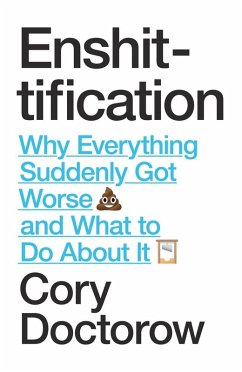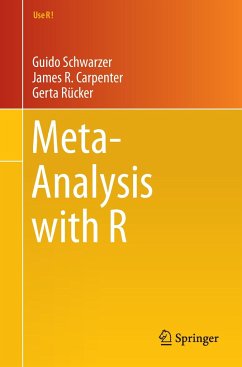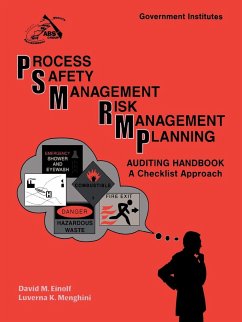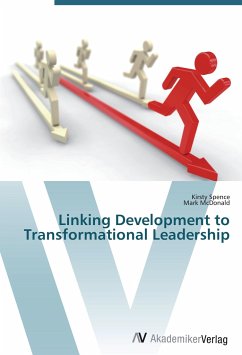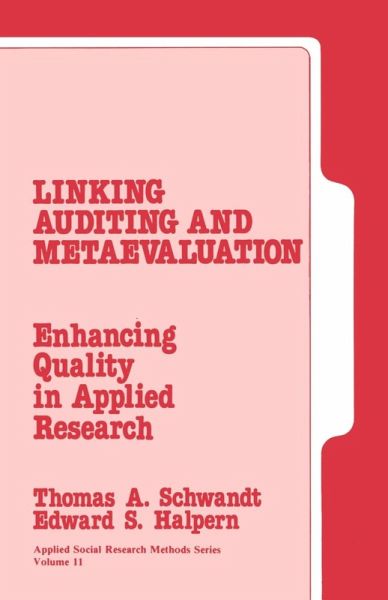
Linking Auditing and Meta-Evaluatiuon
Enhancing Quality in Applied Research
Herausgeber: Schwandt, Thomas A.; Halpern, Edward S.
Versandkostenfrei!
Versandfertig in 1-2 Wochen
94,99 €
inkl. MwSt.

PAYBACK Punkte
47 °P sammeln!
The emergence of new evaluation paradigms raises serious questions about how merit can be established and judged. Linking Auditing and Metaevaluation addresses this concern, introducing a strategy by which the quality of inquiry procedures and products can be assured and retrospectively assessed. Based upon the model of fiscal auditing, the technique is applicable to a variety of social scientific investigations and specifically includes non - conventional paradigms such as naturalistic evaluation. Effective regardless of the nature of the inquiry, auditing is also an excellent means of organi...
The emergence of new evaluation paradigms raises serious questions about how merit can be established and judged. Linking Auditing and Metaevaluation addresses this concern, introducing a strategy by which the quality of inquiry procedures and products can be assured and retrospectively assessed. Based upon the model of fiscal auditing, the technique is applicable to a variety of social scientific investigations and specifically includes non - conventional paradigms such as naturalistic evaluation. Effective regardless of the nature of the inquiry, auditing is also an excellent means of organizing data, thus promoting theorizing and identification of relationships in that data. Each section includes exercises designed both to encourage readers to adapt concepts to their own inquiries and to promote feedback, which leads to the possibility of new insights and theories on metaevaluation.





